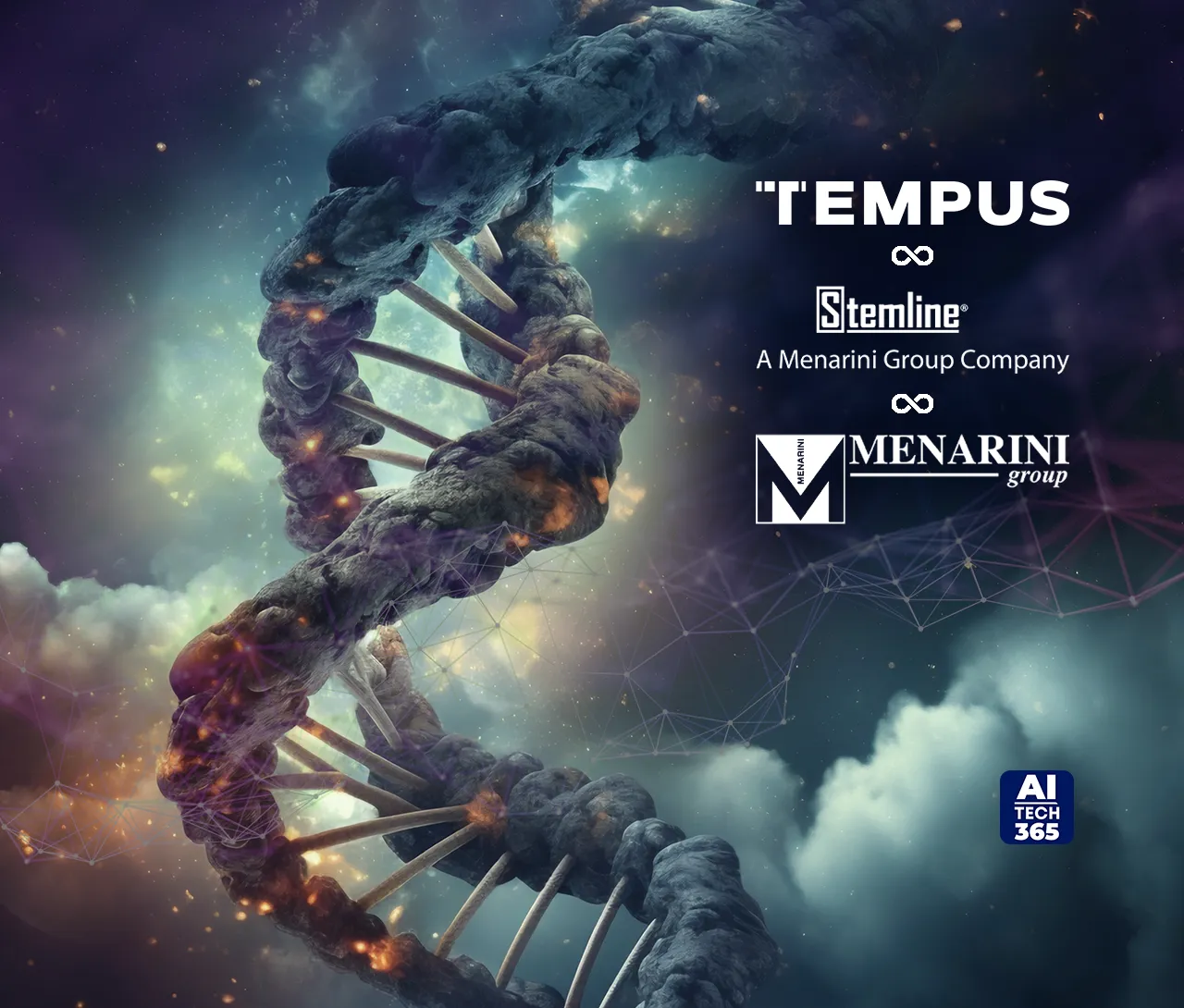The Next platform will analyze clinical data from mBC patients treated in certain centers and notify clinicians when ESR1 testing is missing at disease progression.
Tempus AI, Inc., a technology company leading the adoption of AI to advance precision medicine and patient care, and the Menarini Group, a leading international pharmaceutical and diagnostics company, and Stemline Therapeutics, Inc., a wholly-owned subsidiary of the Menarini Group focused on bringing transformational oncology treatments to cancer patients, announced a new collaboration. The two companies will leverage Next – Tempus’ AI-enabled care pathway intelligence platform – to help clinicians determine when an ESR1 test may be appropriate.
Up to 50% of patients with ER+/HER2- mBC could develop ESR1 mutations as a result of prior exposure to endocrine therapy in the metastatic setting.i Recognizing the clinical importance of these mutations, the American Society of Clinical Oncology (ASCO) updated its guidelines to recommend ESR1 mutation testing at each mBC disease progression. ESR1 mutations are subclonal and heterogeneous within the tumor; therefore, testing for ESR1 with a tissue biopsy may not identify these mutations. Instead, the guidelines recommend clinicians should test for ESR1 mutations using liquid biopsy due to its greater sensitivity and ability to show a markedly higher prevalence of any of the genomic alterations assessed. Unlike testing for other biomarkers, using an archived tumor tissue sample taken before disease progression on first-line treatment in mBC is not recommended. ESR1 testing via liquid biopsy can help clinicians understand what is driving the breast cancer’s progression, and in turn, support more informed treatment-making decisions.
Also Read: Harbour BioMed & Insilico Medicine Collaborate on AI Antibody Discovery
Tempus’ Next platform will analyze clinical data from mBC patients treated in certain centers and notify clinicians when ESR1 testing is missing at disease progression. By providing these timely notifications directly into the physicians’ workflow, Next helps support the appropriate integration of this critical step into the patient’s treatment journey in an effort to optimize care and potential outcomes.
“This collaboration is the first time we are applying Tempus Next to address a critical care gap in breast cancer, leveraging AI to support physicians in delivering recent guideline recommendations for this specific patient population,” said Chris Scotto DiVetta, Senior Vice President, AI Applications at Tempus. “We have just begun to demonstrate the potential Next can have in helping physicians deliver the most up-to-date, guideline-recommended care for their patients across a number of indications, and we look forward to making that a reality for patients with metastatic breast cancer.”
“We are thrilled to enter this collaboration with Tempus, a leader in leveraging AI to advance precision medicine and patient care. ESR1 mutations can stop tumors from responding to standard endocrine therapy, in turn causing the cancer to progress. With an approved treatment that targets these mutations, the identification of ESR1 is a critical step in customizing care for patients with ER+, HER2- metastatic breast cancer,” said Yasir Nagarwala, Senior Vice President, Medical Affairs, Stemline Therapeutics, Inc. “At Menarini Stemline, we are focused on bringing transformational therapies to patients living with cancer, and by partnering with companies like Tempus, we are able to help physicians understand when testing for an ESR1 mutation may be appropriate.”
Source: Globenewswire

